12 December 2024
Let’s take a trip down memory lane. Remember the thrill of walking into a store, browsing shelves packed with vibrant game cases, and finally picking out that one physical copy of a game that you’d been saving up for? There was something magical about peeling off the plastic wrap, popping the disc or cartridge into your console, and diving straight into the action. But these days, it feels like that magic is slowly slipping away. Why? Because digital games are taking over.
Physical games are no longer the lifeblood of the gaming industry. Instead, consoles are leaning more and more toward digital downloads, subscription services, and cloud gaming. So, here’s the million-dollar question: Are physical games dying? Let’s break it down.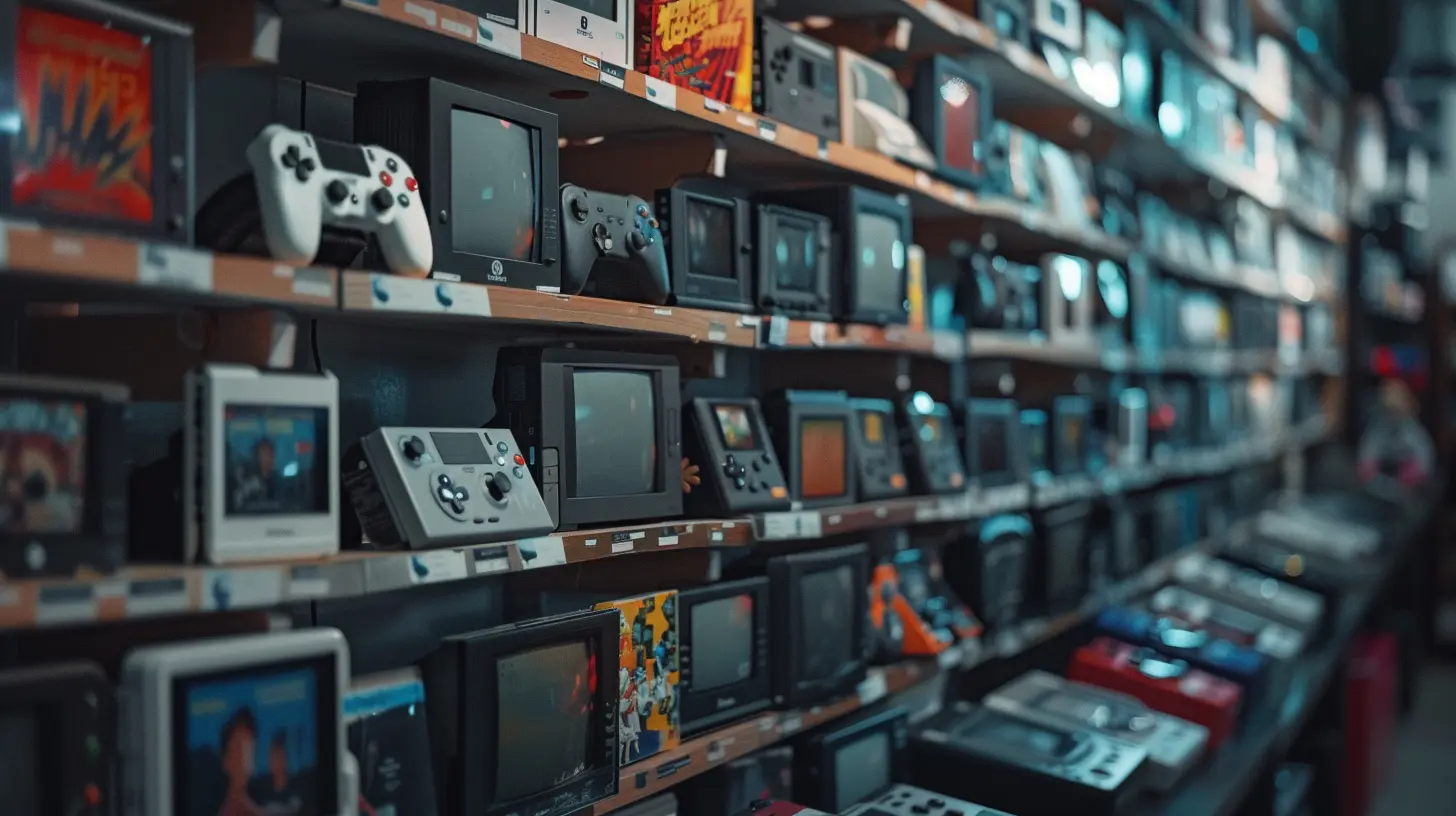
The Rise of Digital Downloads
In the last decade, digital downloads have become the go-to way for many gamers to buy their favorite titles. Why? Convenience, plain and simple. Think about it: no need to drive to a store, no waiting in line, and no worrying about the store selling out of the latest release. All you need is an internet connection, and boom—your game is ready to play.But it’s not just about convenience. For developers and publishers, digital downloads make a lot of sense financially. No manufacturing costs, no shipping fees, and no middleman retailers taking a cut. Plus, it gives them more control over pricing and sales.
That said, this digital shift hasn't been a smooth ride for everyone. Some gamers argue that digital downloads don’t feel as "real" as physical copies. After all, when you own a disc, you’ve got something tangible in your hands—a sense of ownership. With digital games, all you’ve got is data on a hard drive. And let’s not even get started on the storage issues (looking at you, massive game files).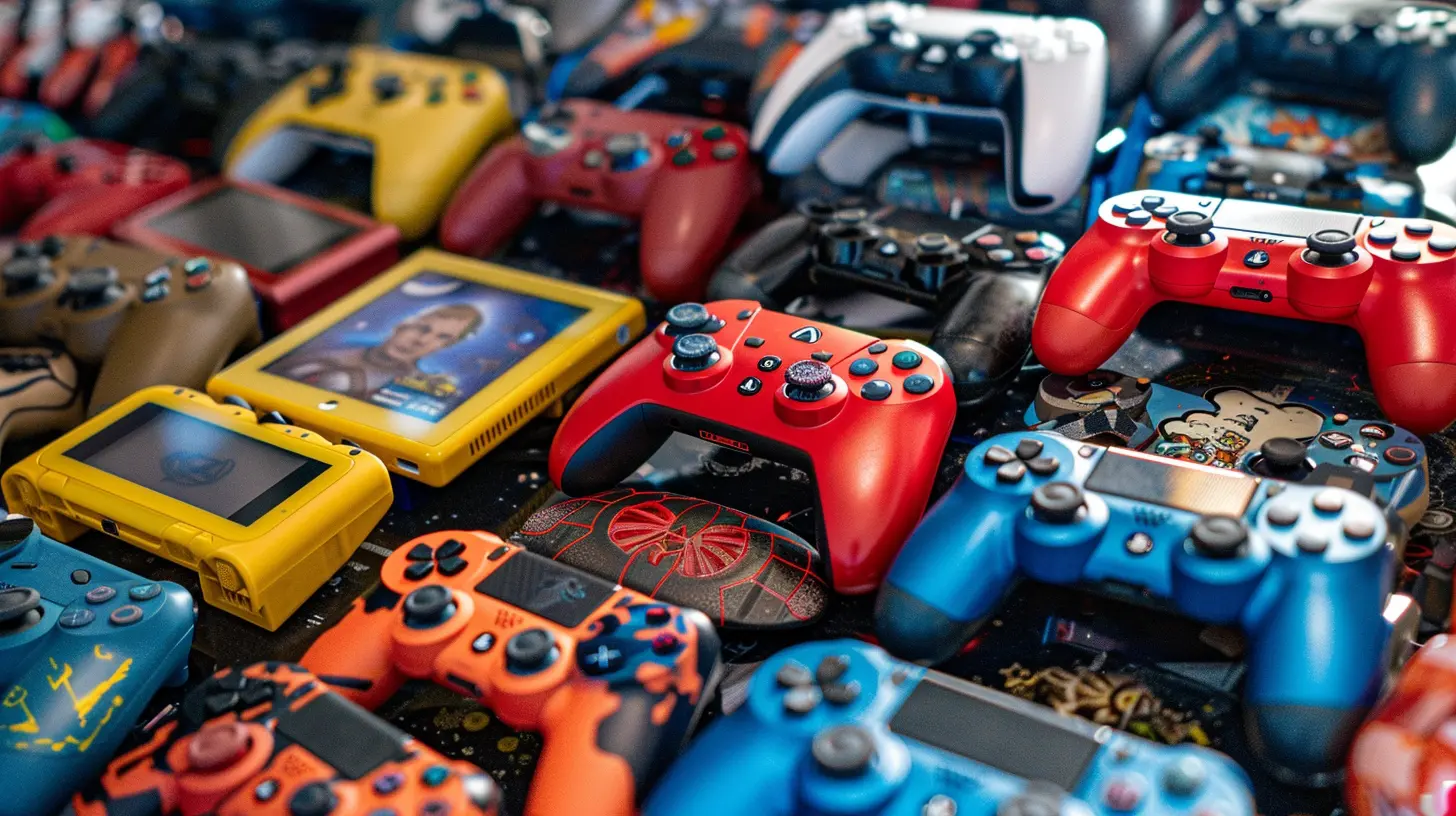
The Convenience of Cloud Gaming
If you thought digital downloads were the peak of convenience, cloud gaming is here to say, “Hold my controller.” Services like Xbox Cloud Gaming (formerly xCloud), PlayStation Plus Premium, and NVIDIA GeForce Now are changing the game—literally.With cloud gaming, you don’t even need a high-end console or PC to play the latest AAA titles. As long as you’ve got a decent internet connection, you can stream games directly to your device. No bulky hardware, no downloading massive updates, no fuss. It’s like Netflix for gaming.
But is it too good to be true? Maybe. Cloud gaming relies heavily on stable internet connections, and not everyone has access to high-speed internet. Plus, there’s the issue of latency—ever tried pulling off a quick combo in a fighting game with even the slightest lag? Yeah, not fun.
Still, cloud gaming offers a glimpse into a future where physical games might be entirely obsolete. Why bother with discs when everything you need is just a click away?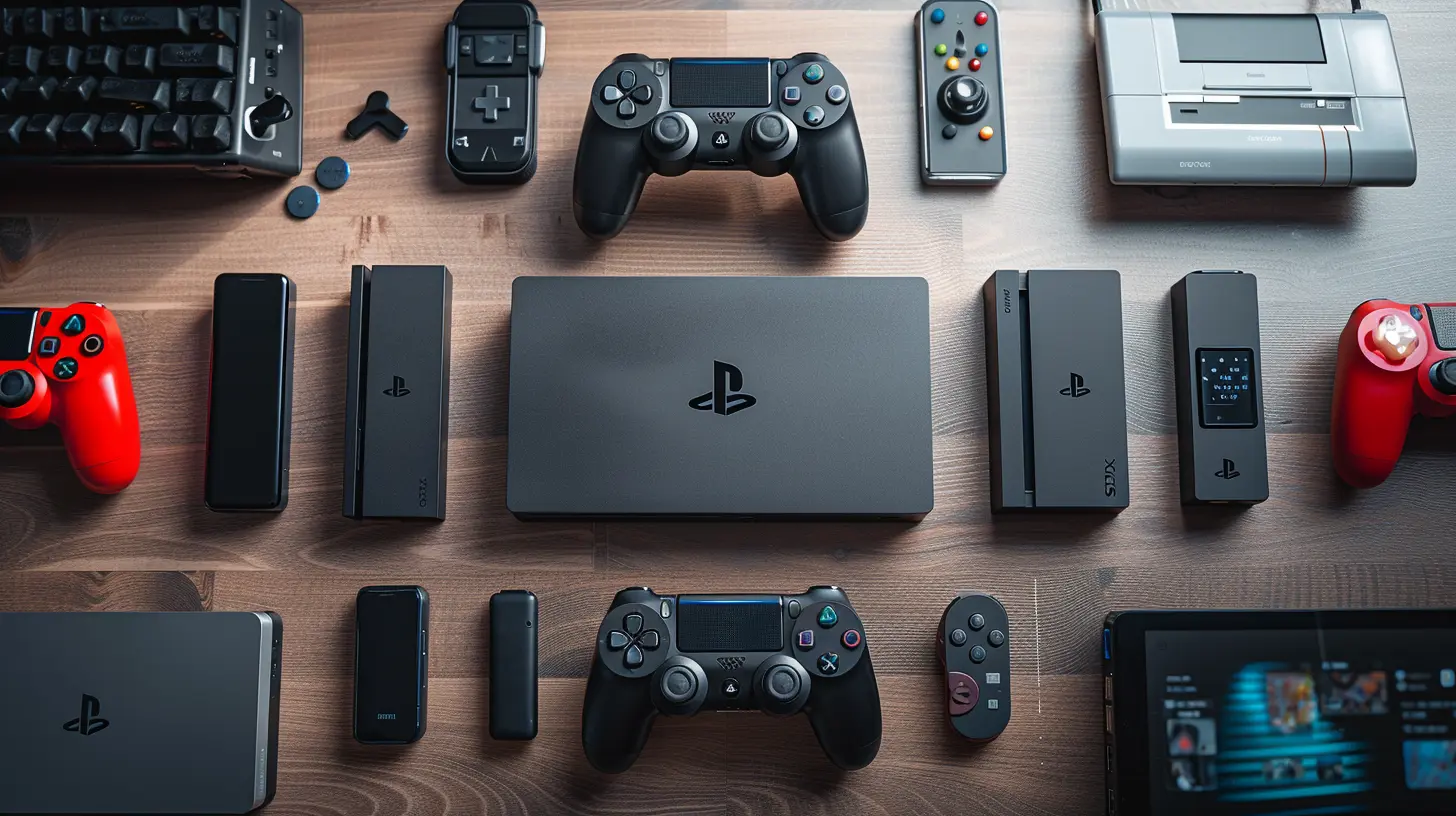
Subscription Services: The New Norm?
Let’s talk about subscription services for a sec. Platforms like Xbox Game Pass, PlayStation Plus, and even EA Play are becoming the Netflix of gaming. For a flat monthly fee, you get access to a massive library of games. It’s a total game-changer (pun intended).These services are insanely popular because they’re a fantastic deal for gamers. Rather than dropping $60 on a single physical game, you can pay $10-$15 a month and play dozens—or even hundreds—of games. It’s a no-brainer for anyone who likes variety.
But there’s a catch: you don’t own anything. Once your subscription expires, you lose access to all those games. It’s a bit like renting versus owning a house. Sure, renting is cheaper in the short term, but owning gives you long-term security.
This shift toward subscriptions marks another nail in the coffin for physical games. Why buy individual discs when you can gain access to an entire library with one monthly payment?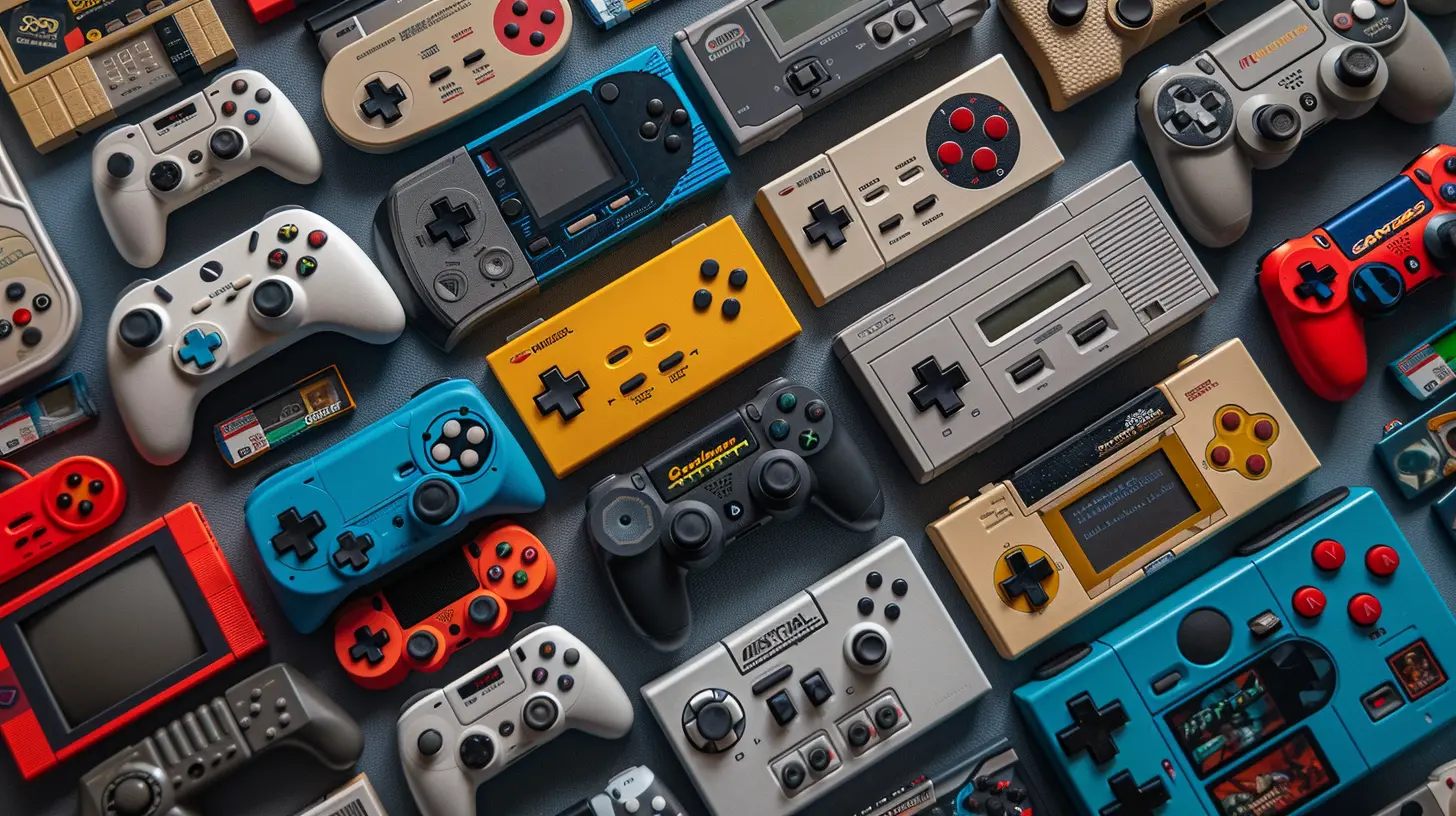
Physical Games Still Have Their Loyal Fans
Okay, I know what you’re thinking: Is there anyone out there still buying physical games? The answer is yes—physical games still have a loyal fanbase, and for good reason.For starters, collectors love physical copies. There’s something satisfying about building a shelf full of game cases, admiring the cover art, and knowing that you actually own the game. For many, it’s not just about playing; it’s about preserving a piece of gaming history.
Then there’s the issue of ownership. With a physical game, you don’t have to worry about a publisher removing a title from a digital store or a subscription service dropping it from their lineup. It’s yours to keep forever—or at least for as long as the disc or cartridge holds up.
And let’s not forget about resale value. If you’re done with a physical game, you can sell it or trade it in. With digital games, once you’ve bought it, that money’s gone for good.
Still, these perks aren’t enough to reverse the overall trend. Physical game sales are declining year after year, and digital sales are skyrocketing. It’s clear where the industry is headed.
Why Are Console Makers Pushing Digital?
Here’s the thing: console makers like Sony, Microsoft, and Nintendo are actively encouraging the shift to digital. It’s not just happening by accident.Take the PlayStation 5 and Xbox Series X, for example. Both consoles have digital-only versions—no disc drive, no physical games. These models are cheaper to manufacture and sell, which makes them more appealing to budget-conscious gamers. Plus, they tie players into the digital ecosystem, where everything—from games to DLC to subscriptions—generates revenue.
But there’s a downside for gamers. When you’re locked into a digital ecosystem, you’re at the mercy of the platform. Want to play a game but don’t like the price? Too bad, you can’t shop around for a cheaper used copy. Want to switch consoles? Say goodbye to your entire library of digital games. It’s a double-edged sword.
The Collector’s Nostalgia vs. The Digital Future
At the end of the day, the debate over physical vs. digital games boils down to one thing: nostalgia vs. practicality. For older gamers, there’s a strong emotional connection to physical games. They’re not just games; they’re memories. They’re a reminder of a time when life was simpler, and gaming was a tangible, offline experience.But for younger gamers, digital is the norm. The thought of inserting a disc or cartridge into a console might feel as foreign to them as using a rotary phone feels to us. For them, digital is faster, easier, and more futuristic—the ultimate convenience.
So, are physical games dying? Yeah, it looks that way. But they’re not going quietly. There will always be a niche market for physical copies, especially among collectors and hardcore fans. However, the future of gaming is undeniably digital. Whether it’s downloads, cloud gaming, or subscription services, the industry is moving away from discs and cartridges and embracing the digital age.
Conclusion: What Does This Mean for Gamers?
If you’re someone who loves physical games, enjoy them while you can. They might not disappear entirely, but they’re definitely becoming a rare breed. For everyone else, the digital shift means more convenience, better deals (sometimes), and faster access to your favorite games.But it’s not all sunshine and rainbows. There are trade-offs, like losing the sense of ownership and being at the mercy of digital platforms. As gamers, we’ll need to adapt, but that doesn’t mean we can’t reminisce about the good old days of physical games. And hey, maybe one day, they’ll make a nostalgic comeback—kind of like vinyl records did for music.




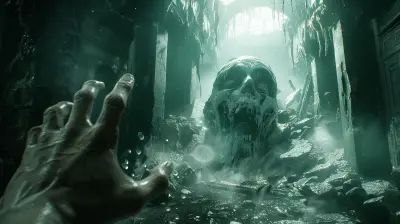
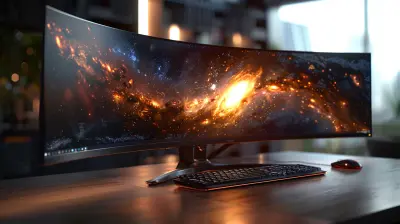

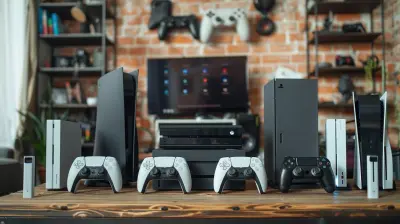
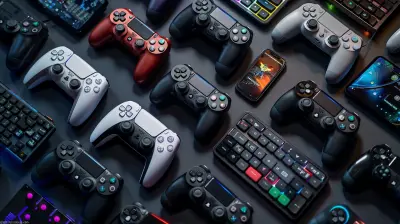
Milena Oliver
The digital shift is undeniable, but physical games still hold nostalgic value and appeal for collectors.
February 6, 2025 at 6:04 AM